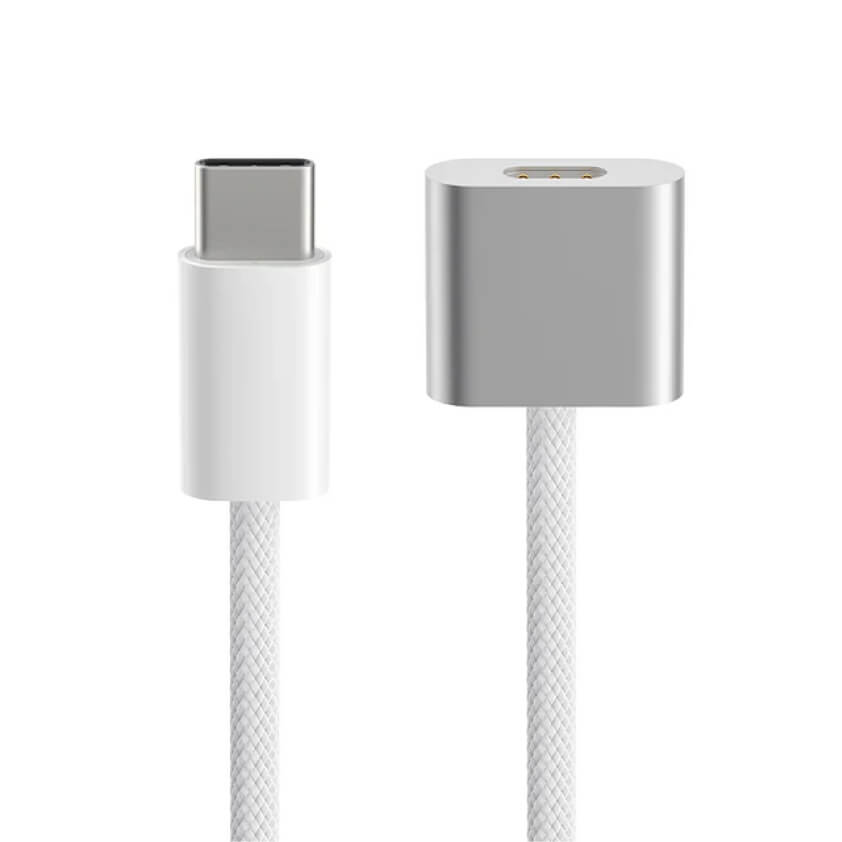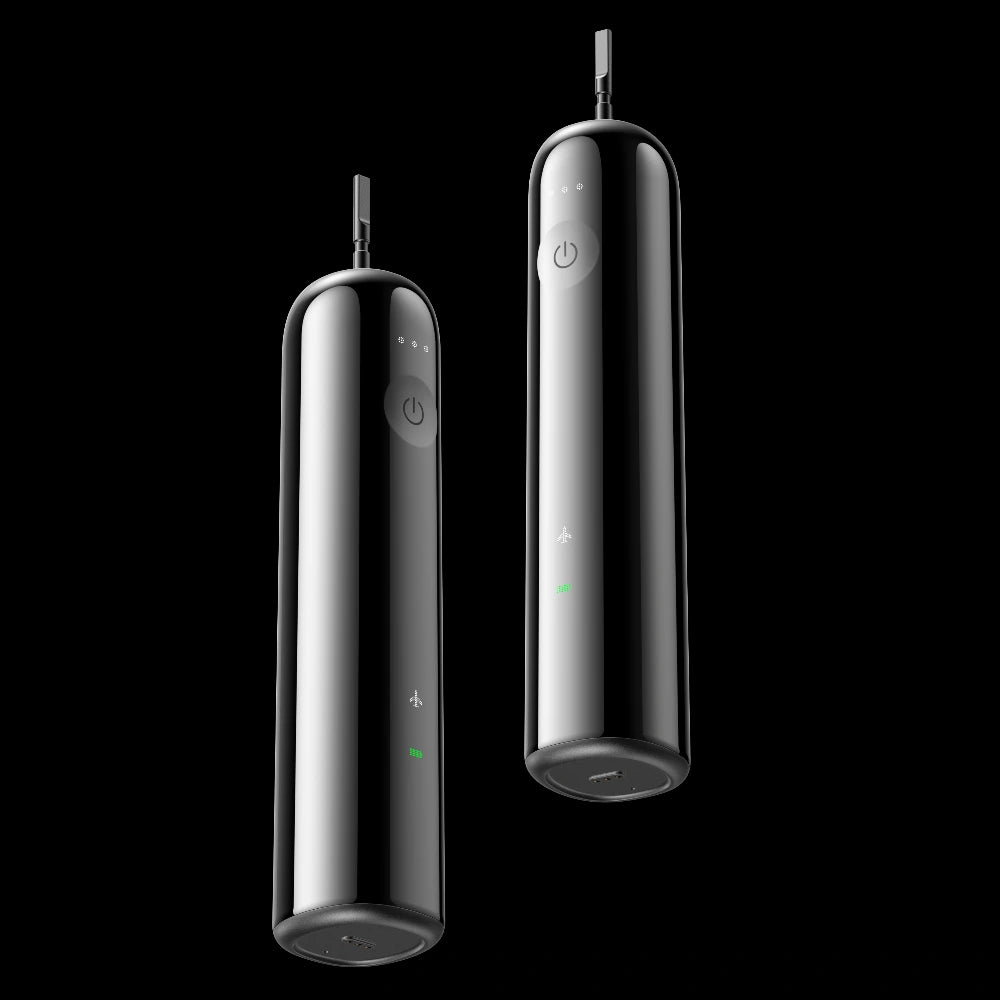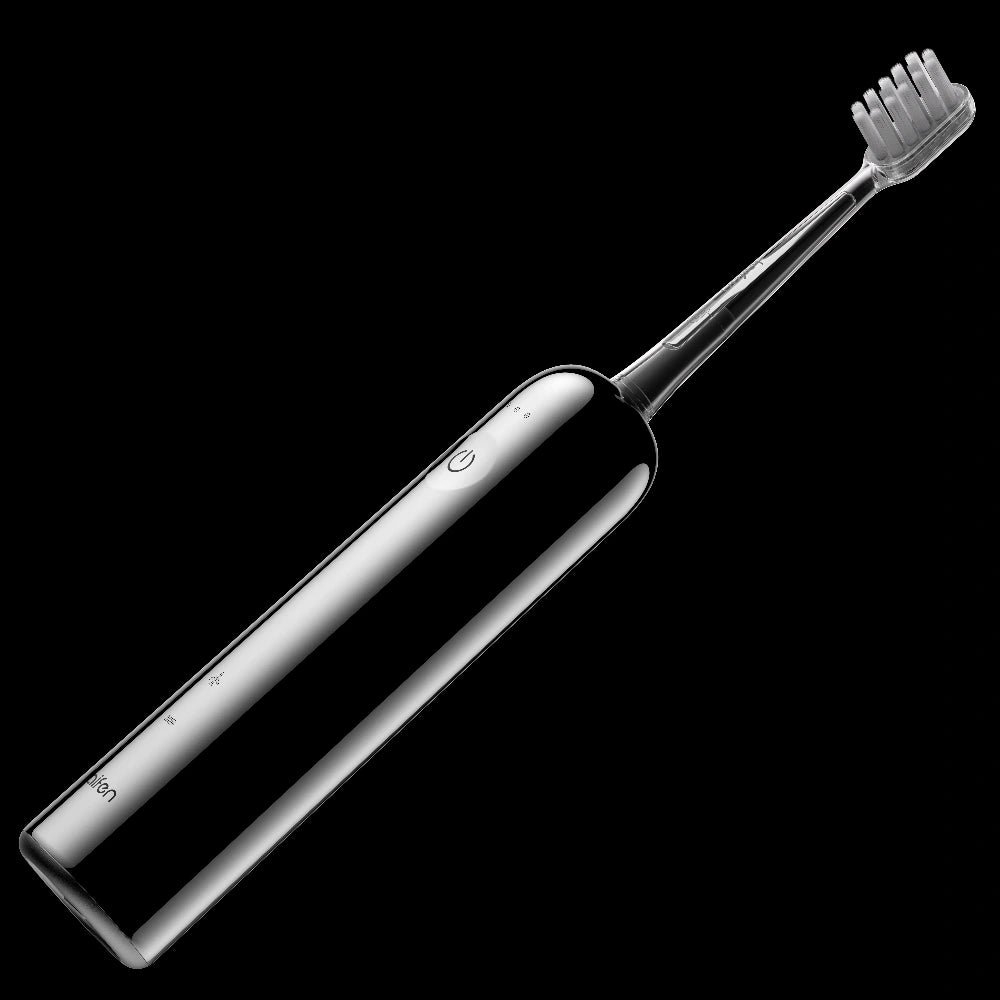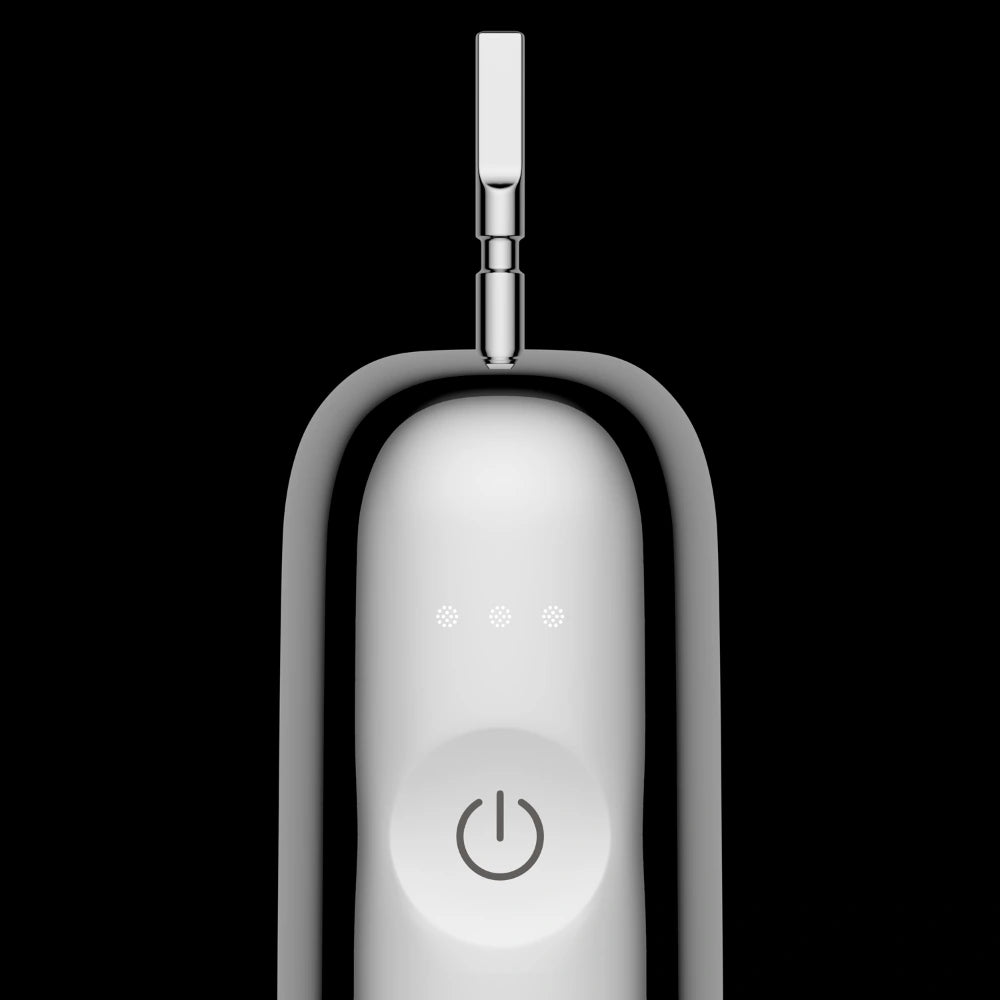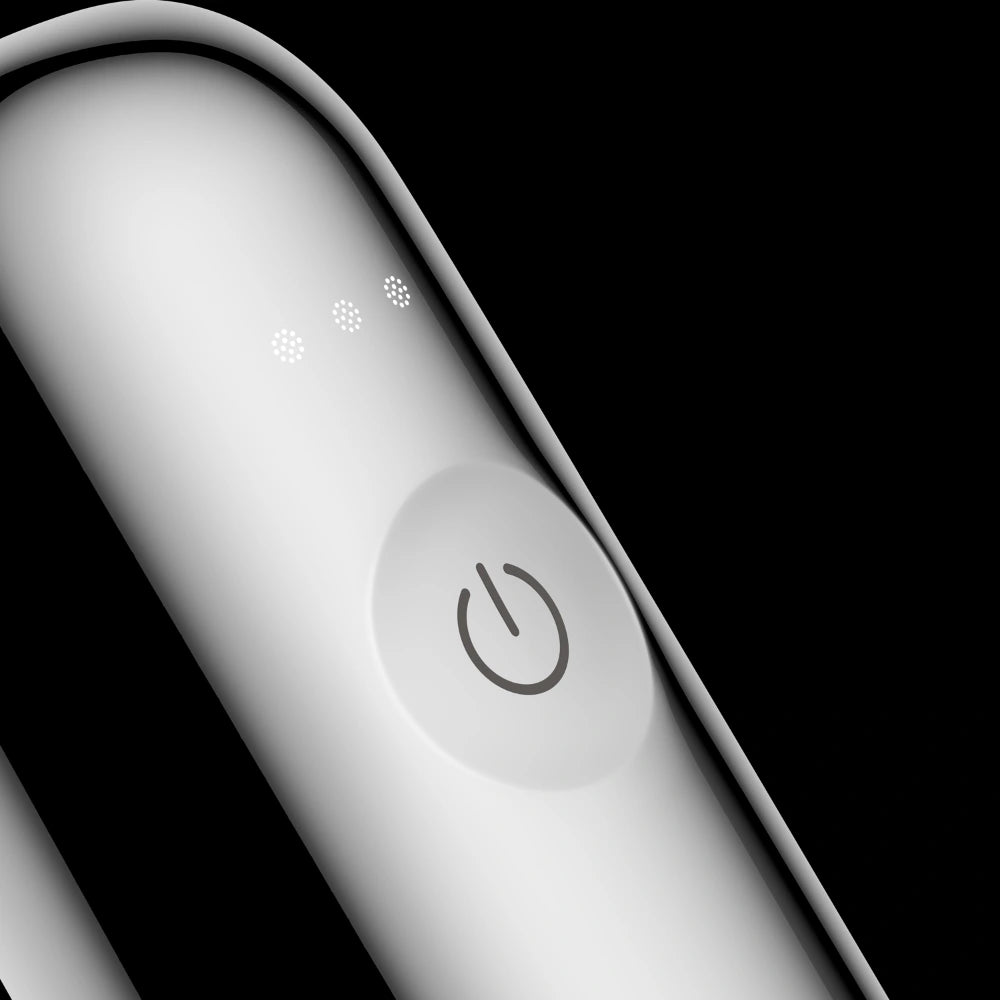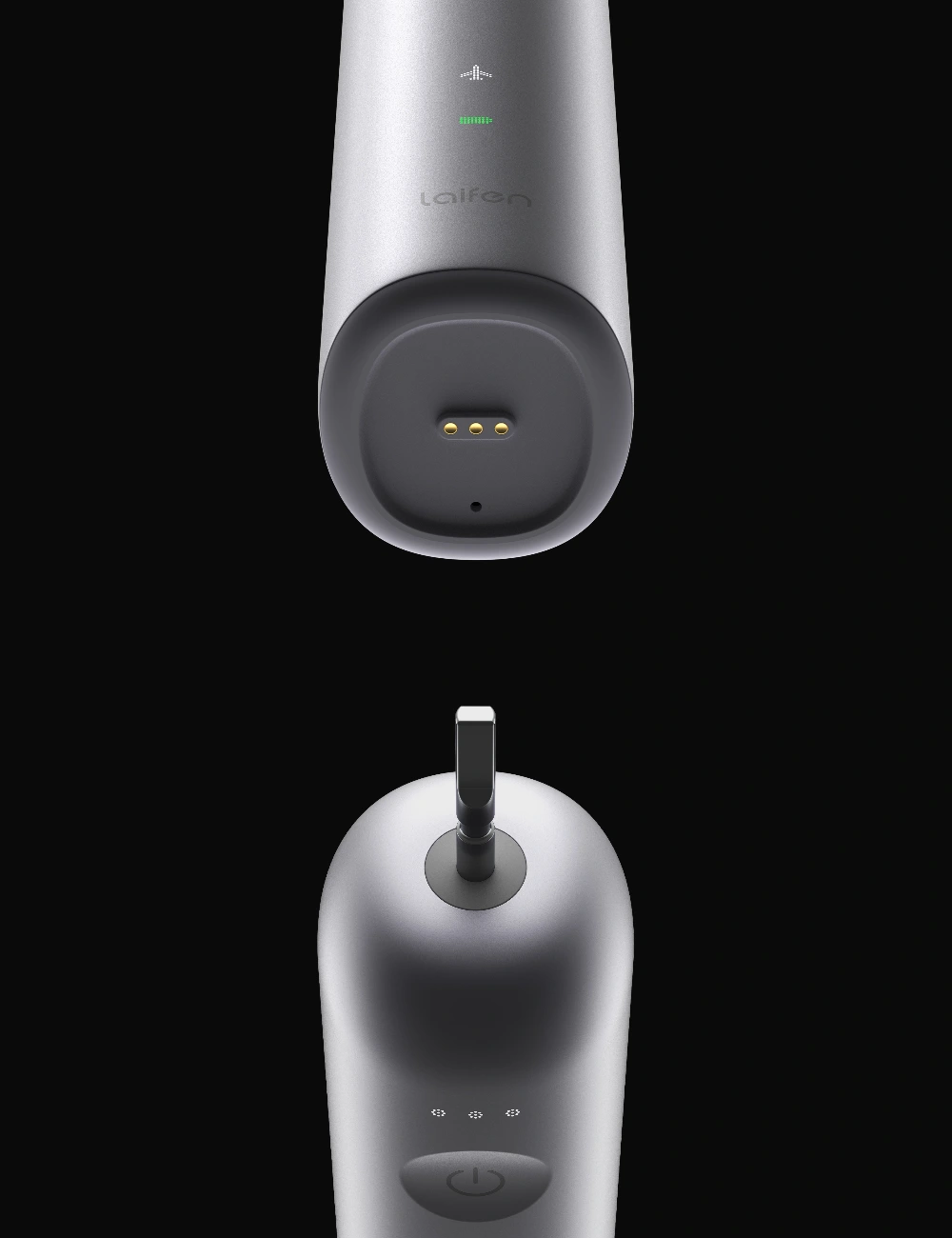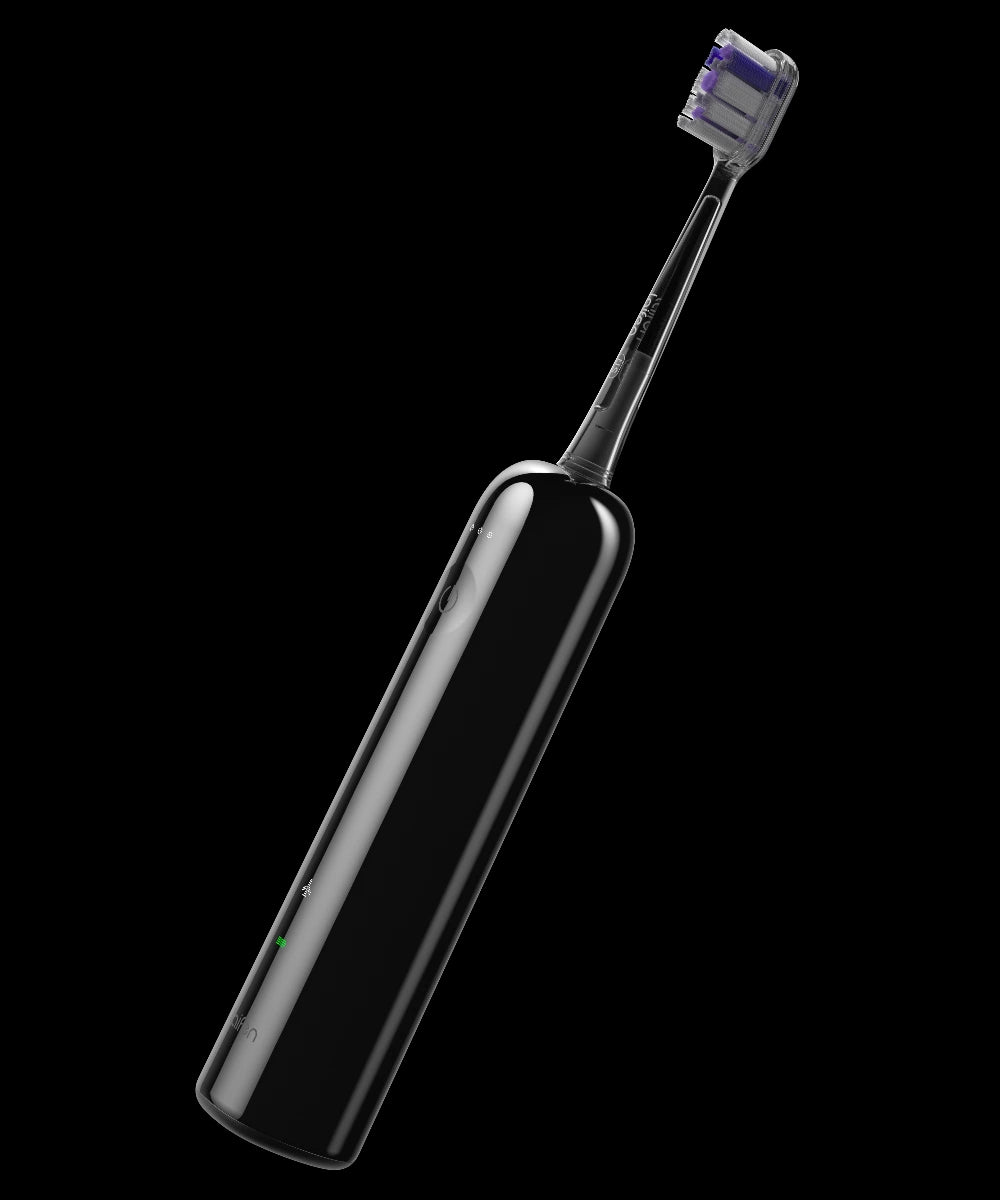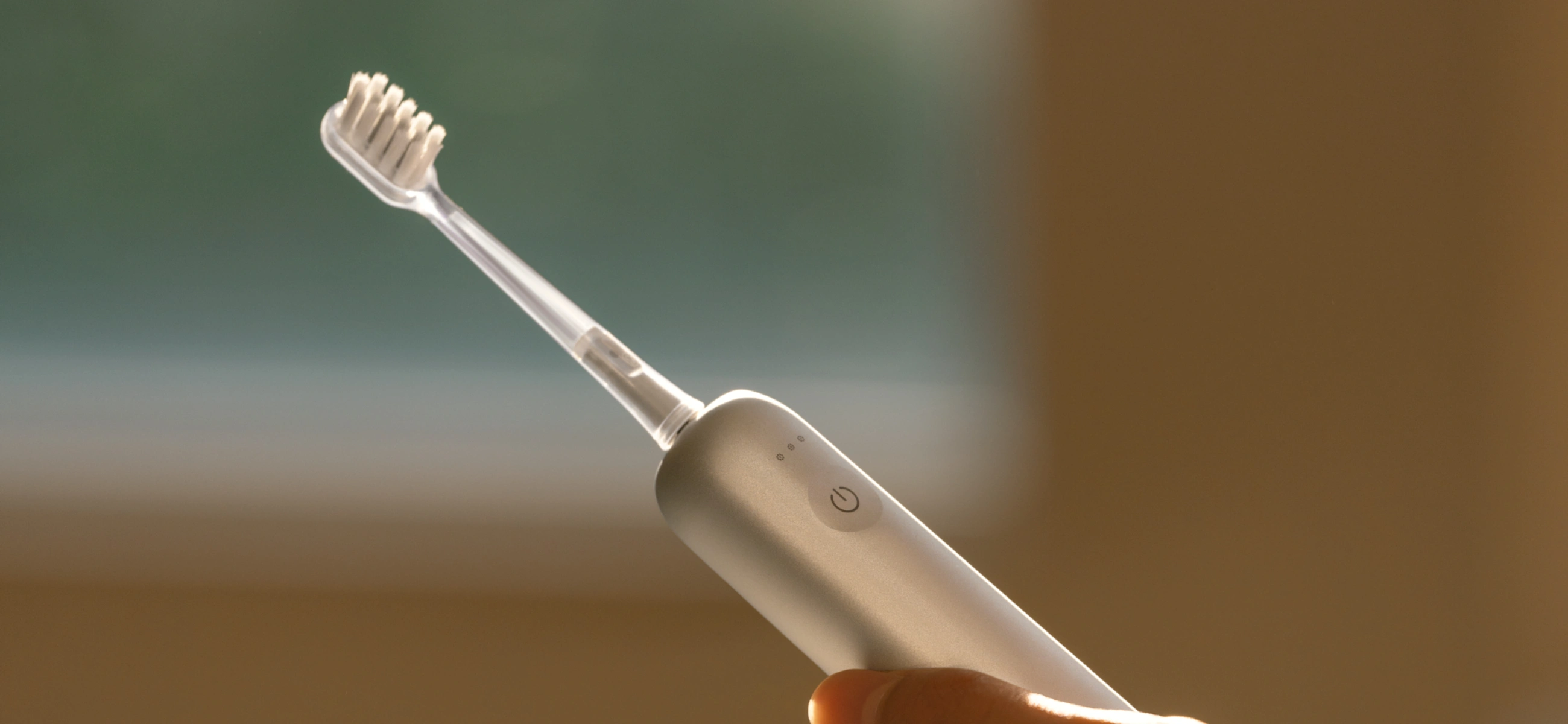
In this article
Experiencing sensitive teeth is far from ideal. It can be uncomfortable and it may even prevent you from enjoying some of your favorite foods and drinks. In this article, we take a look at what causes your teeth to become sensitive, and we reveal what you need to do to reduce the increased sensitivity at home and with the help of a dentist.
Why are my teeth so sensitive? Potential causes
The main cause of sensitive teeth in most people is an issue with enamel. Dental erosion, also known as enamel erosion, sees the layer of enamel erode over time. This can be caused by eating or drinking a high concentration of acidic foods and drinks.
But it can also be caused by some health conditions, such as acid reflux. The enamel is a thin barrier on the outside of your teeth. It's extremely strong and durable and it's there to protect your teeth from damage.
However, when it starts to erode, it leaves your teeth exposed and people with thinner enamel are more likely to suffer issues with increased sensitivity.
Another common cause of sensitivity in teeth is gum recession, which can leave sections of your teeth and gums exposed. Tooth decay or a broken tooth is also likely to be sensitive, but this is usually easy to identify and fix.
Some people also experience sensitive teeth after whitening, or increased sensitivity following dental work like fillings or cleaning.
If the sensitivity in your teeth comes and goes, you might not need to do anything about it. But if it occurs regularly, you need to know what to avoid, as we explain below.
Things to avoid with sensitive teeth
Lots of things can trigger sensitivity in your teeth and it varies from person to person. Common triggers are hot foods like soup and cold foods like ice cream. You may also experience sensitivity in your teeth if you take ice in a soda from time to time.
Other people experience sensitivity when they eat highly acidic foods, while others may even experience sensitivity due to cold weather. Our advice is to identify the things that trigger the heightened sensitivity and avoid them if possible.
For instance, if you know that your teeth sensitivity is triggered by cold drinks, don't add ice to your beverages and don't refrigerate your water before drinking it. Such simple steps can be enough to prevent the uncomfortable sensitivity for most people.
How to reduce tooth pain sensitivity? How to treat sensitive teeth
To treat sensitivity in your teeth, it's a good idea to start with a trip to see your dentist. As sensitivity can be caused by lots of different things, your dentist will begin with an assessment to see if there's an underlying condition that needs to be treated.
Thereafter, and if there's not a serious issue affecting the sensitivity of your teeth, here are some simple things you can try:
-
Change the way you brush your teeth. Stop using hard-bristled brushes and opt for a toothpaste that is specifically for people with teeth sensitivity. These small changes can make a big difference and they're really easy to implement. It's also the best home remedy for sensitive teeth.
-
While mouthwash is a key element of any dental hygiene routine, you need to choose the product you use carefully. If you have teeth sensitivity, opt for alcohol-free mouthwash, as it will be less irritating for your teeth.
-
Change your diet. In many cases, tooth sensitivity is caused by highly acidic foods and drinks. Reducing your sugar intake and avoiding highly acidic fruits and fruit juices can make a big difference to how sensitive your teeth are.
-
Visit the dental hygienist regularly. While you might not like the idea of visiting the dentist's office regularly, arranging regular appointments with your dental hygienist is a great way to keep your teeth in good shape. They can also recommend specific products to help with sensitivity and may even apply a desensitizing gel to your teeth during visits to help with discomfort.
Final words
Teeth sensitivity isn't pleasant and it can undoubtedly affect your quality of life. In fact, it can affect your diet, and some people may even have difficulty sleeping due to the discomfort caused.
Our recommendation is to first visit your dentist's office to identify any potential underlying causes of the sensitivity. You can then try some of the simple remedies listed above, and remember, always follow your dentist's advice and recommendations.
FAQ
Q1: Why are my teeth so sensitive all of a sudden?
If your teeth become sensitive all of a sudden, it might be a sign of a cracked or damaged tooth that you haven't noticed until now. One of the main causes of sensitivity is an erosion of tooth enamel, but this happens over time, not overnight. Contact your dentist if the sensitivity occurs out of the blue.
Q2: How to stop sensitive teeth pain immediately?
Unfortunately, there isn't a magic remedy for teeth sensitivity. You can try different things as introduced above and you should speak to your dentist. Also, if you know that something triggers your sensitivity - such as hot or cold drinks, avoid them for the time being to prevent the discomfort.
Q3: Sensitive teeth pregnancy - should I be worried?
If you experience an increase in the sensitivity of your teeth during pregnancy, it's not something to worry about. This is often caused by an increase in blood flow and is perfectly normal when you drink hot or cold beverages.
Q4: Why are my teeth sensitive to cold?
Teeth sensitivity to cold is often caused by an erosion of the tooth enamel. You will need to visit the dentist and reduce the amount of acidic foods and drinks in your diet if you are suffering from dental erosion to prevent it from getting worse.













